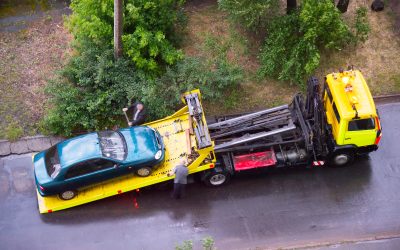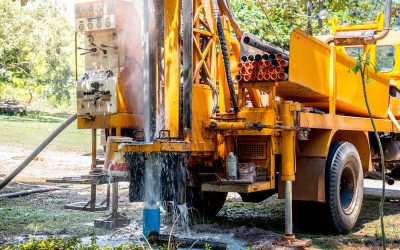While there are some scale systems complete software programs that can provide calibration through an installed program, most scales still require the use of calibration weights.
These weights are designed and tested to provide an accurate weight for specific classes. This can include the ASTM classes (American Society for Testing and Materials) or NIST (National Institute of Standards and Technology) classes. In industries where a specific standard is required for calibration and certification of the scale, always verify the weights purchased are designed for the correct class. Many will be able to work with most if not all of the classes, particularly for the ASTM standards.
Materials
Depending on the type of calibration weights needed the materials can vary. The larger scales that need up to 3000-pound weights for testing are typically made of cast iron or mild steel to keep them cost effective. These weights, as with all options, will be able in metric as well.
Small weights for bench scales are often made of stainless steel as are the pennyweight (DWT) options used for the extremely sensitive scales and those used for very small measurement amounts.
Full Set or Individual Weights
Depending on the size of the scale and the size of the test weights required, it is possible to choose to purchase the weights in a kit or as individual calibration weights. Generally, most industrial facilities and labs will have their own set of weights to allow for easy calibration between official tests.
It is also important to understand if you will need a traceable certificate with the weight set or individual weight. This allows the actual test weight to be traced back to the manufacturer to verify that the weight is certificated to the specific set of standards. This includes all the information about the weights as well as how they can be used for calibrations.



